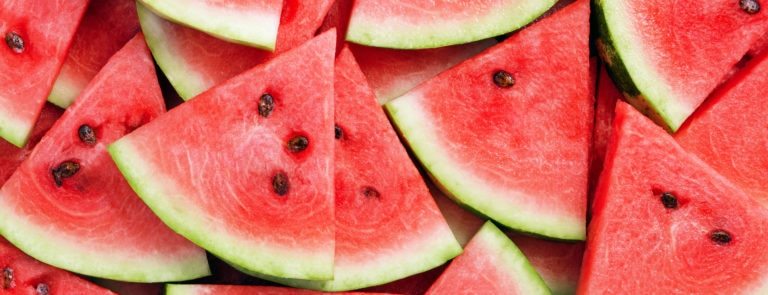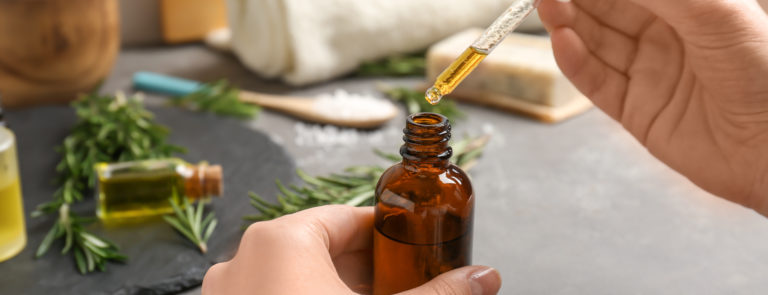15% off £35 OR 20% off £45
What is SLS (sodium lauryl sulfate)?
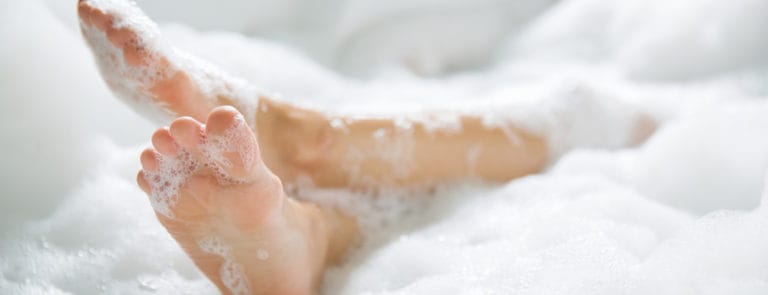
Commonly known as SLS, Sodium Lauryl Sulphate is a chemical surfactant used in all sorts of cosmetics and cleaning products. It can be derived from petroleum, palm oil or coconut oil.
It works by turning liquids into a foam and you’ll usually find it in things like toothpaste, body wash, soaps and detergents. It’s also an ingredient in industrial strength cleaners, bath salts and even make-up.
In a nutshell, the frothy lather your shampoo produces is usually thanks to SLS.
Some people choose to avoid SLS and opt for more natural ingredients in their beauty products, but why? We will explain all.
Summary
- SLS is a surfactant used in beauty products, other cosmetics an cleaning products
- It helps to make products foamy and helps to clean away dirt
How does SLS work?
SLS is a ‘surfactant’ – an agent that lowers the surface tension between different ingredients, e.g. between two liquids, a gas and liquid, or a liquid and a solid.
When it comes to beauty products, its main benefits include:
- Trapping oil-based dirt so it can be rinsed away with water
- Turning liquids into foam for that rich lather we all expect and enjoy when we’re washing
One common concern with SLS is that it is used in both beauty / self-care products as well as household cleaners – where it performs a very similar function.
Summary
- SLS traps oil-based dirt so it can be rinsed away and makes products ‘foam’
What products contain SLS?
If you have a look at the labels of products under your kitchen sink or in your bathroom, chances are you will find some SLS. It is used in many common household products, like:
- Hair products including shampoos, conditioners, styling gels / mousses, and hair dyes
- Beauty products including foundations and lip balms
- Grooming products including shaving creams, hand sanitisers, face washes, makeup removers, hair removal products and exfoliants
- Dental products including toothpastes, mouthwashes and teeth whitening products
- Bath products including body washes, bath creams, bubble baths and bath oils
- Lotions and creams including body lotions, sun creams, hand creams and body butters
- Household cleaning products including laundry detergents, dishwasher products and washing up liquid
SLS is also used as a thickener or emulsifier in some foods, like some marshmallows, and dried egg products.
Summary
- SLS is used in all sorts of cosmetics, skincare, haircare and dental products, as well as household cleaning agents
What is SLS?
Sodium lauryl sulfate vs sodium laureth sulphate
Sodium laureth sulfate (SLES) is another surfactant that acts in the same way as SLS, however, they are not the same.
SLES is derived from SLS by a process called ethoxylation and tends to be gentler than SLS.
Both SLS and SLES have been proven to be safe for human use, but SLS has been found to irritate the eyes and skin of some people.1
Summary
- SLES is derived from SLS and tends to be gentler
Is SLS bad?
There has been a lot of bad press about SLS and its properties, but is SLS bad? And why?
May irritate your skin
Many people who live with sensitive skin conditions such as eczema or psoriasis choose to use products that do not contain SLS or other synthetic ingredients as they believe that they are kinder to their skin.
The Cosmetic Ingredient Review (CIR) have approved SLS and SLES safe for use, however that comes with a few caveats.
SLS has the potential to irritate the eyes and skin, especially if it is not formulated correctly or is left on the skin for prolonged periods of time.2
You can find SLS-free body washes, soaps, bath creams, and many more beauty products that use different agents to ‘foam up’ and clean your skin.
Some people prefer ‘au natural’
Many people also choose to use natural products as they are just as effective as those that contain those man-made ingredients – and come with their own unique benefits.
Natural products benefits include:
- Better for sensitive skin as they don’t contain artificial colours or fragrances
- Smell better as they use natural scents rather than artificial
- Contain natural preservatives rather than man-made ones like parabens
- You can make them yourself which instills trust in some people
- Better for the environment some beauty products contain manmade substances that could harm the environment when they travel down your drain
Handpicked content: The ultimate guide to natural beauty for your hair, body and face
Summary
- If you have sensitive skin, you may want to avoid products containing SLS
- Some people may choose to choose natural products
SLS ingredients
SLS can also appear on product labels as:
- Lauryl sodium sulphate
- Lauryl sulphate sodium salt
- Sodium dodecyl sulphate
- Sodium n-dodecyl sulphate
Here at H&B, we like to use natural alternatives to make those bubbles, therefore, all of our beauty products no longer contain SLS. (No need to check our labels!)
Summary
- SLS can appear on product labels with a few different names
- No beauty products sold at H&B will contain SLS
Alternative natural ingredients to look out for instead
If you do choose to shun SLS and opt for natural, clean beauty products, there are many soaps and toiletries out there that use milder alternatives to provide the same bubbles.
The following natural ingredients derived from sugar3 are just as effective at getting products all foamed up and giving you a good clean:
- Decyl glucoside – commonly used in baby shampoos and those with sensitive skin
- Alkyl polyglucoside (APG) – a group of raw surfactants made from vegetable oils and starch used in many cosmetic and personal care products.
Summary
- Some sugar-derived ingredients like Decyl glucoside and APG can help get you clean and make products foam up
4 recommended alternatives that don’t contain SLS
We have selected 4 top-of-the-range products that do not include SLS in their formulation.
-
Shampoo
Faith in Nature Dragon Fruit Shampoo
This shampoo is made with essential oils, a dragon fruit fragrance, and is suitable for all hair types.
What our customers think:
Deemee – Love this shampoo – 5/5 stars
“I absolutely love this shampoo, it has changed my hair completely, it's so much more bouncy now. I was getting a really itchy scalp and couldn't find the reason for it, a friend recommended this shampoo and after a few washes my scalp feels amazing!”
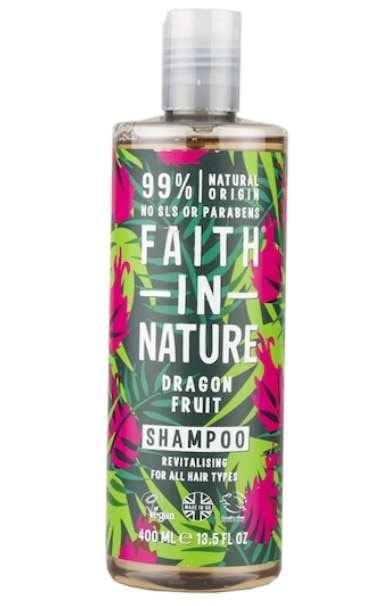

-
Conditioner
Ethique ‘The Guardian’ Conditioner for Dry Hair
This is one deeply hydrating hair conditioner you are going to love.
It’s made with cocoa butter, vitamin B5, coconut oil and zesty lime oil, which are perfect for fry, very damaged or frizzy hair. You can even use it as an in-shower moisturiser or shaving bar.
Each bar prevents 5 plastic bottles from being made and thrown away, as well as 5.1L water.
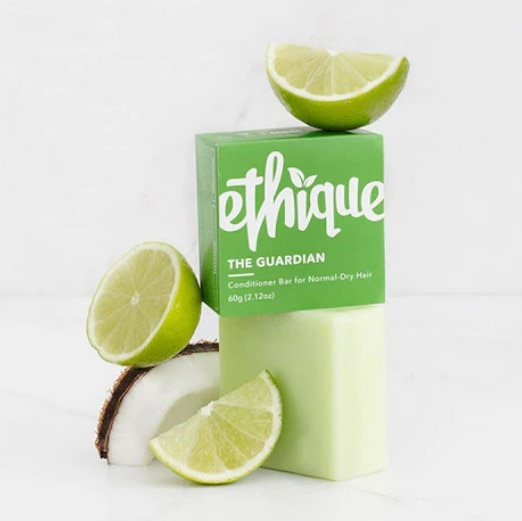

What our customers think:
Ines A – Absolutely love this! – 5/5 stars
“I was skeptical about switching to a conditioner bar as my hair can get quite dry/frizzy ends and I thought it wouldn't work as well as liquid - but I'm totally sold.
I use conditioner quite liberally, and still have plenty of the bar left almost 5 months on! My hair feels great and I feel less guilty about throwing away empty plastic conditioner bottles regularly.”
-
Face wash
Urban Veda Purifying Daily Facial Wash
Packed with natural goodies like Ayurvedic favourite cold-pressed neem oil, this facial wash doesn’t need SLS to get you squeaky clean. It’s been designed to cleanse and purify oily skin to mattify it and combat shiny patches.
Enjoy the combination of witch hazel, quassia, tea tree, eucalyptus and other high-quality botanicals.
What our customers think:
Becca21 – My favourite face wash!! – 5/5 stars
“I’ve been using this wash for over six months now and it’s hands-down my favourite! I have combination skin and this always leaves my face feeling fresh and it’s very cooling on the skin which I love. One bottle lasts ages too, so I’d definitely recommend picking it up!”
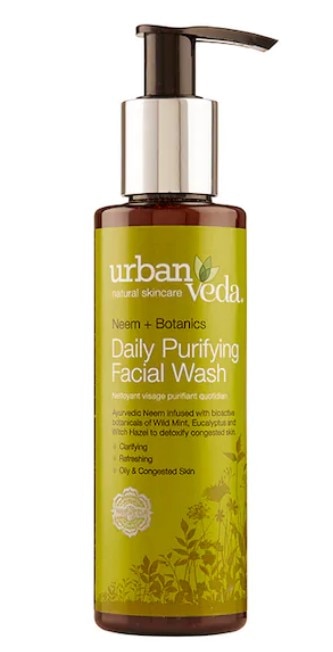

-
Toothpaste without SLS
Ecodenta Extra Black Whitening Toothpaste with Black Charcoal & Teavigo
Turns out you don’t need SLS to look after your pearly whites!
This Ecodenta toothpaste effectively removes plaque, helps to whiten teeth and leave your mouth feeling refreshed.
It’s been enriched with Teavigo™ and activated charcoal to provide cleansing benefits and a long-lasting clean feeling.
What our customers think:
N Hassan – Hooked!!! – 5/5 stars
“Hooked!!! This is by far the best paste I’ve used on my teeth... leaves your entire mouth feeling fresh and clean.”
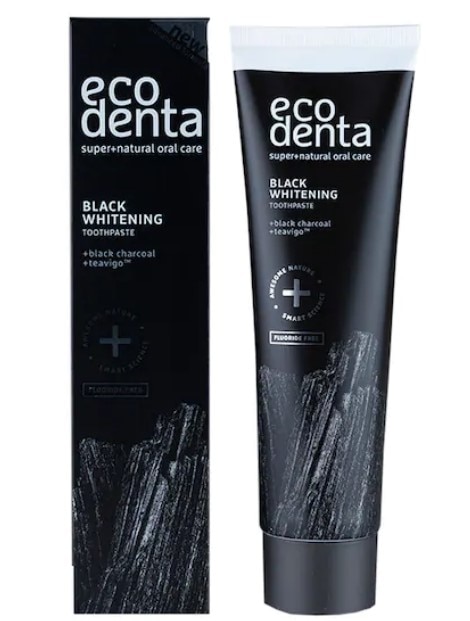

Other synthetic ingredients to avoid
Microbeads
Microbeads have been a hot topic in the press with the ban of them in all toiletries for 2018 due to the concern of them entering our oceans and harming the environment. We banned them from all our products for this exact reason.
Parabens
Parabens, a preservative to increase the shelf life of products.
Handpicked content: What are parabens?
Summary
- Microbeads and parabens are also often considered un-natural and avoided by some people
The final word
- SLS is used in all sorts of household and beauty products – so chances are you will come into contact with it
- It helps products get foamy and helps to clean skin and hair
- Those with sensitive skin may choose to avoid SLS as it can be an irritant to some people
- Ultimately SLS is considered safe to use
Last updated: 18 March 2021
